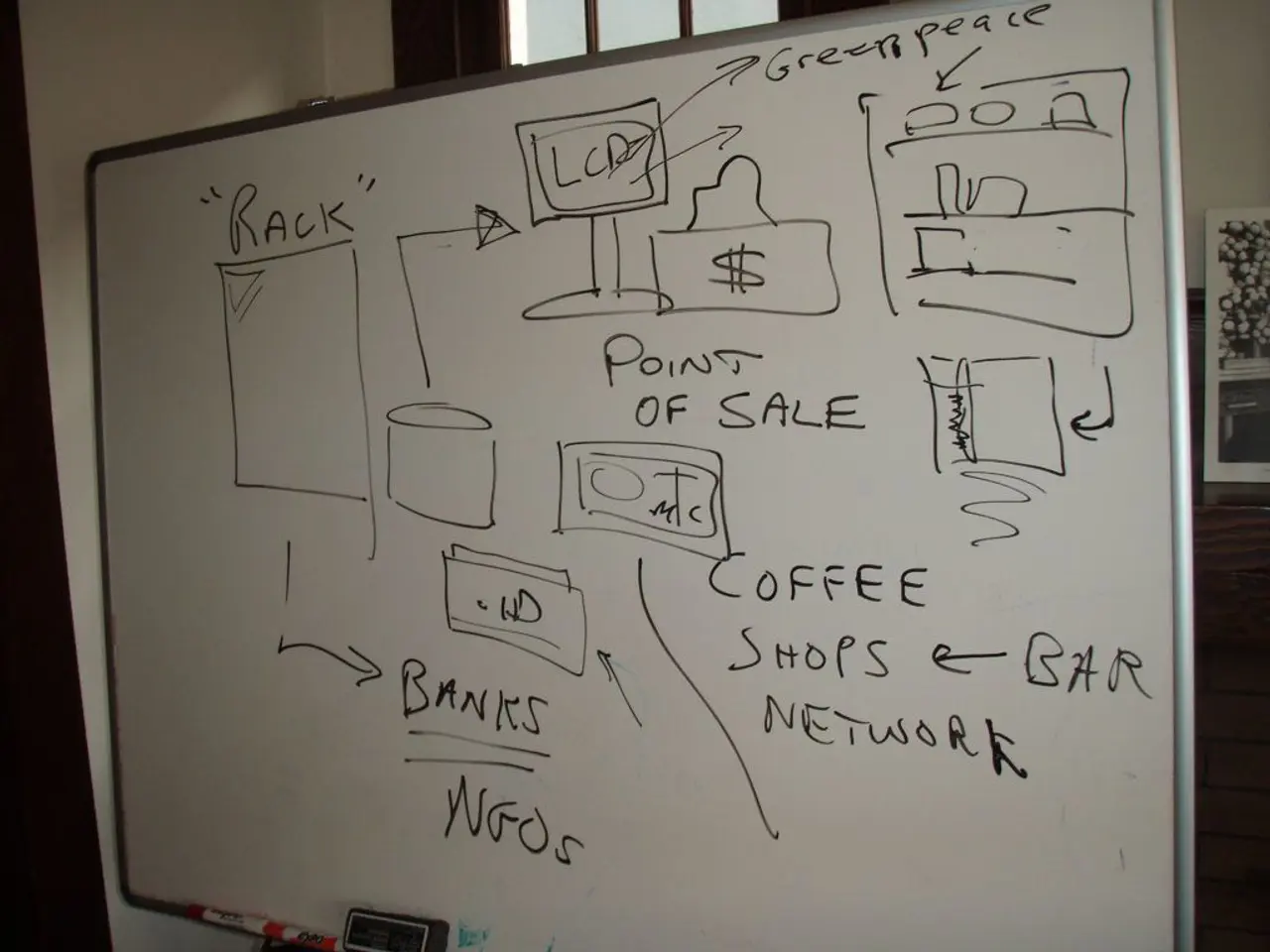BAE Systems Chief Executive Commends Speedy Advancements in Talks Over Eurofighter Typhoon for Turkey
The United Kingdom and Turkey have taken a significant step towards securing a deal for the supply of Eurofighter Typhoon fighter jets. Turkish National Defense Minister Yasar Guler and UK Secretary of State for Defense John Healey signed a memorandum of understanding (MoU) during the 17th International Defense Industry Fair (IDEF 2025) in Istanbul.
BAE Systems, one of the main contractors in Typhoon fighter aircraft production, has indicated that it can ramp up production within 2 to 3 years to meet Turkey's potential order of about 40 aircraft. The timeline for this process is as follows:
- The MoU signed in July 2025 marks a significant step towards a formal procurement contract.
- The contract itself is expected to be signed after further negotiations, possibly by the fall of 2025.
- Once contracted, BAE Systems plans to increase production capacity from the current 14 jets per year to possibly 20 or more, targeting a level that could support Turkey’s order along with others.
- Given BAE Systems CEO Charles Woodburn’s statement, full production scale-up to meet Turkey’s 40 jets could take 2-3 years, so initial deliveries might start within this period but full delivery would likely extend beyond the initial contract signing.
The need for Turkey to secure an interim fighter solution emerged after Turkey's removal from the F-35 Joint Strike Fighter program in 2019. The Typhoon, powered by two EJ200 turbofan engines developed and manufactured by the EUROJET consortium, offers a robust solution. It is a multirole fighter with a canard delta wing, engineered for exceptional agility and maneuverability.
The Typhoon measures 15.96 meters long, 10.95 meters wide, and weighs 11 tons when empty, with a maximum takeoff weight of 23.5 tons. It can achieve supercruise, sustained supersonic flight without the use of afterburners. The Typhoon supports extensive weapons payload capacity, including advanced air-to-air missiles and precision-guided munitions.
Turkish pilots will now be able to fly Typhoons, built by a consortium of stakeholders from the UK, Germany, Italy, and Spain. The Typhoon's mission systems include the Captor-E active electronically scanned array radar, Defensive Aids Sub-System, an advanced mission computer, Link 16 datalink, and electro-optical sensors. Its self-defense capability is enhanced by electronic warfare systems, flare and chaff dispensers, and radar warning receivers.
The agreement between Turkey and the UK marks a milestone in Turkey's long-standing effort to secure an interim fighter solution. The Typhoon's availability in single-seat and twin-seat variants, capable of executing air-to-air and air-to-ground missions, makes it an attractive choice for Turkey.
BAE Systems announced strong first-half 2025 growth, with sales and profits up 11% from 2024, reflecting a growing global portfolio amid increased defense spending worldwide. The company's ability to ramp up production for the Eurofighter Typhoon could further boost its growth in the coming years.
- The agreement between Turkey and the UK, signed in Istanbul, aims to secure the supply of Turkish fighters with the advanced technology of Eurofighter Typhoon jets.
- The Typhoon, engineered by a consortium of stakeholders from the UK, Germany, Italy, and Spain, will be manufactured for Turkish pilots, boasting superior maneuverability and extensive weapons payload capacity.
- With the potential order of about 40 aircraft from Turkey, BAE Systems, one of the main contractors, plans to increase production from the current level within 2-3 years, contributing to the company's ongoing growth.




